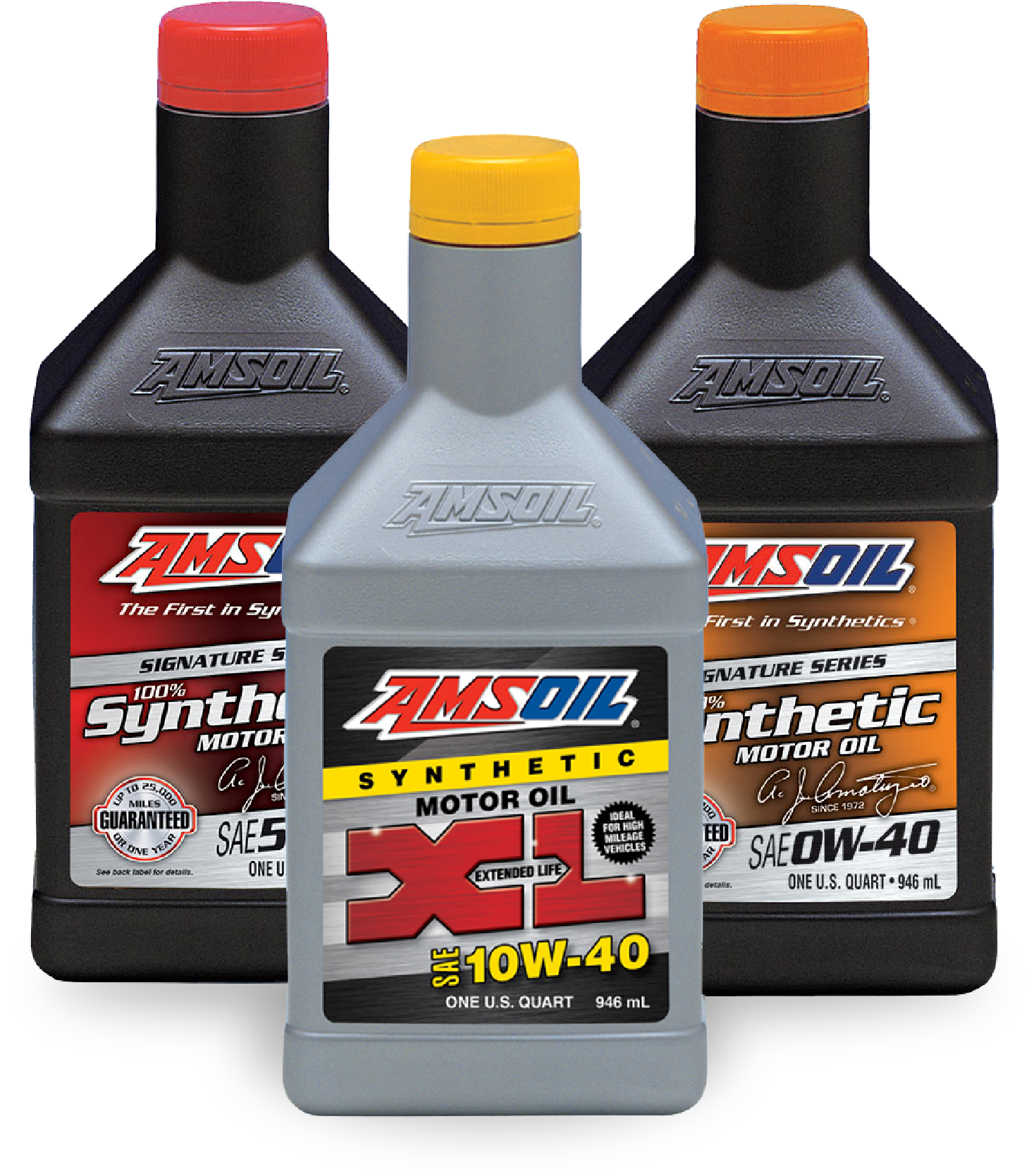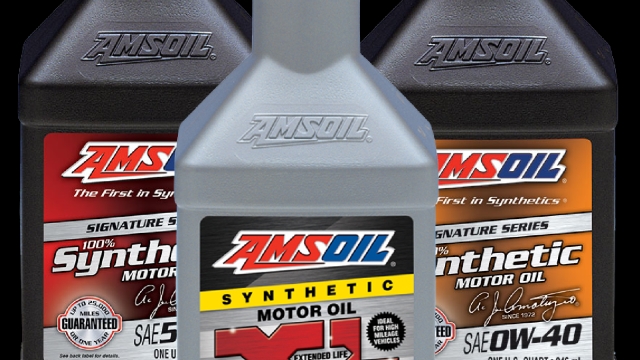Synthetic oils have been making waves in the automotive industry with their revolutionary rise to prominence. Engineered to provide superior performance and protection, these synthetic lubricants have quickly become the go-to choice for many vehicle owners and enthusiasts. By harnessing cutting-edge technology and advanced manufacturing processes, synthetic oils have unlocked a whole new level of efficiency and durability for engines.
Gone are the days when traditional mineral oils were the norm. Synthetic oils have stepped onto the scene, bringing with them a host of benefits that have transformed the way we think about lubrication. With their precisely formulated chemical compositions, synthetic oils offer enhanced resistance to heat, oxidation, and viscosity breakdown. This means that your engine can operate more efficiently and maintain its peak performance for longer periods of time. Additionally, synthetic oils also provide improved lubrication in extreme conditions, such as cold starts or high-stress applications.
The automotive industry has fully embraced the advantages of synthetic oils, recognizing their ability to maximize engine performance and extend the overall lifespan of vehicle components. From everyday commuters to high-performance sports cars, synthetic lubricants have become an integral part of automotive maintenance. By reducing friction and minimizing wear and tear, they contribute to the longevity and reliability of engines, translating to potential cost savings for vehicle owners in the long run.
In the following sections, we will delve deeper into the specifics of synthetic oils, exploring the science behind their formulation, as well as the various applications and benefits they offer. Whether you are a casual driver or a dedicated automotive enthusiast, understanding the revolutionary rise of synthetic oils is key to unlocking the full potential of your vehicle and ensuring its longevity on the road. So, buckle up and join us on this journey as we explore the fascinating world of synthetic lubricants and their transformative impact on the automotive industry.
Benefits of Synthetic Oils
Best Oil
Synthetic oils have gained immense popularity in recent years due to their numerous benefits. These advanced lubricants offer superior performance and protection compared to conventional oils. Here are some key advantages of using synthetic oils:
Enhanced Engine Efficiency: Synthetic oils have a smoother and more consistent molecular structure, which reduces friction and minimizes wear and tear on engine components. This improved lubrication results in reduced energy losses, allowing the engine to operate more efficiently. As a result, synthetic oils can help improve fuel economy and overall engine performance.
Superior Temperature Resistance: Synthetic oils have a higher resistance to extreme temperatures compared to conventional oils. They can withstand both extremely high and low temperatures without breaking down or becoming less effective. This attribute is particularly beneficial in regions with harsh climates or for vehicles that undergo strenuous driving conditions. Synthetic oils ensure that the engine remains well-lubricated and protected, regardless of temperature extremes.
Extended Oil Change Intervals: Due to their exceptional thermal stability and resistance to oxidation, synthetic oils last longer than conventional oils. They can effectively maintain their protective properties for an extended period, reducing the frequency of oil changes. This not only saves time and effort but also contributes to environmental sustainability by reducing the amount of waste oil generated.

Overall, synthetic oils offer a range of benefits that make them a great choice for automotive lubrication. Their ability to enhance engine efficiency, withstand extreme temperatures, and provide extended oil change intervals makes them a revolutionary option for automotive enthusiasts and professionals alike.
Performance Enhancements
Synthetic oils have revolutionized the automotive industry, delivering unparalleled performance enhancements. With their advanced formulation and superior properties, these lubricants are designed to optimize engine efficiency and maximize overall vehicle performance.
One of the key benefits of synthetic oils is their ability to improve fuel economy. By reducing friction and providing smoother engine operation, these high-performance lubricants help to enhance the vehicle’s overall fuel efficiency. This means that drivers can go the extra mile without the need for frequent refueling, saving both money and time.
In addition to fuel economy, synthetic oils offer exceptional protection against wear and tear. Their advanced molecular structure enables them to withstand extreme temperatures and pressures, providing a durable barrier that safeguards critical engine components. This enhanced protection ensures longevity and reliability, allowing vehicles to operate at peak performance even in the most demanding conditions.
Moreover, synthetic oils have proven to enhance engine power and performance. By minimizing internal friction and reducing engine sludge, these lubricants maximize horsepower and torque output. This means that drivers can experience a smoother acceleration and enjoy a heightened driving experience, resulting in improved overall vehicle performance.
The revolutionary rise of synthetic oils has undeniably unleashed a new era of performance and protection in the automotive industry. As technology continues to advance, these high-performance lubricants will undoubtedly play a crucial role in optimizing vehicle performance and pushing the boundaries of what is possible on the road.
Automotive Applications
Synthetic oils have rapidly gained popularity in automotive applications due to their exceptional performance and superior protection. With advancements in technology, these synthetic lubricants have become a go-to choice for automobile enthusiasts and professionals.
One of the significant advantages of synthetic oils is their ability to withstand extreme temperatures. Traditional mineral oils tend to break down under high heat, leading to engine damage and reduced efficiency. Synthetic oils, on the other hand, excel in providing a stable lubricating film even at elevated temperatures, ensuring optimal engine performance and longevity.
In addition to temperature resistance, synthetic oils offer excellent protection against wear and friction. The advanced formulation of these lubricants includes additives that create a strong barrier between moving parts, reducing friction and preventing metal-to-metal contact. This results in reduced engine wear, improved fuel efficiency, and enhanced overall performance of the vehicle.
Moreover, synthetic oils demonstrate outstanding resistance to oxidation and degradation. Over time, traditional oils can break down and form harmful deposits, sludge, and varnish inside the engine, leading to performance issues and potential engine failure. Synthetic oils, with their superior chemical stability, minimize the formation of such deposits, keeping the engine clean and ensuring optimal operation.
In summary, synthetic oils have revolutionized automotive lubrication by providing unparalleled performance and protection. Their ability to withstand extreme temperatures, reduce wear and friction, and resist oxidation make them an ideal choice for automotive applications. Embracing these synthetic lubricants not only enhances the performance of vehicles but also contributes to their longevity and reliability.


